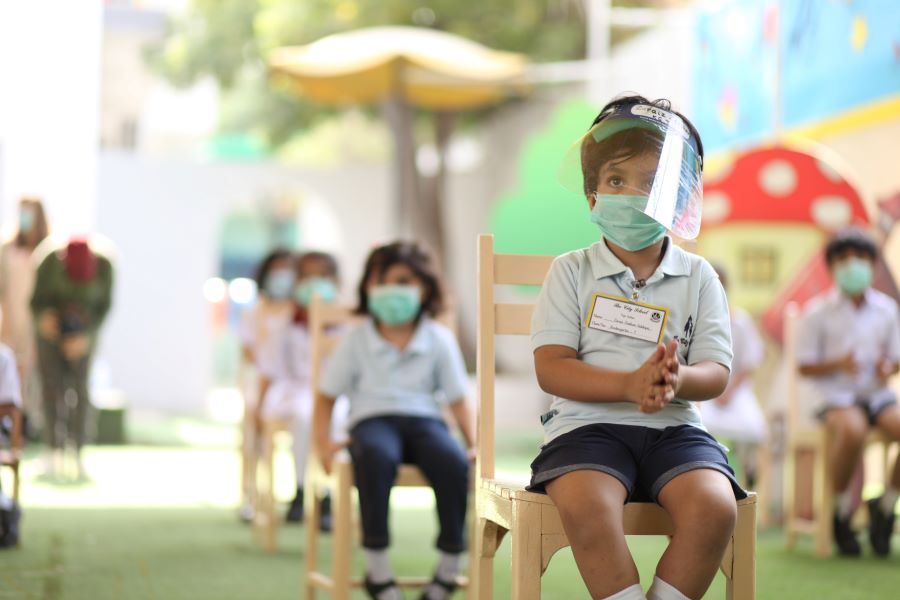
NSW Council of Social Service (NCOSS) has released the first chapter in its Aftershock series: Addressing the Economic and Social Costs of the Pandemic and Natural Disasters on the People of NSW.
Fams was a member of the steering committee overseeing the research.
NCOSS addresses mental health, domestic violence, child welfare and development and housing, and the cumulative impact of fires, floods and a pandemic on NSW.
In the second report of the series, released today, NCOSS looks at the increasing rates of domestic and family violence in NSW, and the associated economic costs, with recommendations for increased investments to address these costs and reduce the long-term impacts of the increase in violence.
The increase in family and domestic violence during 2020 is estimated to have resulted in large direct costs totalling $9.4 billion over the period 2020-2025. When pain, suffering and premature mortality are included, these costs increase to $30.6 billion over the period 2020-25.
According to NCOSS, the areas of NSW that experienced the highest direct costs associated with the increase in domestic and family violence over the period 2020-25 include:
Blacktown: $775.1 million;
Inner South West: $638.9 million;
Parramatta: $624.1 million;
City and Inner South: $511.9 million;
South West: $463.9 million; and
Central Coast: $430.8 million.
NCOSS states the NSW Government needs to increase funding by $485 million a year to close the per capita funding gap with Victoria.
In addition, previous research has highlighted the need for additional social housing to ensure women escaping family and domestic violence have somewhere to go. An estimated 4,812 women in NSW either stay in a violent relationship or face homelessness due to the lack of social and affordable housing. Building an additional 5,000 social housing units at a cost of $2.2 billion would help address this issue and reduce the rates of domestic and family violence and homelessness, according to NCOSS.
The natural disasters and pandemic have placed many people in NSW at greater risk of violence, with long term economic and health impacts.
“There is an urgent need for greater investments to mitigate against these aftershocks, and address to long term consequences of the past two and half years,” says NCOSS.



